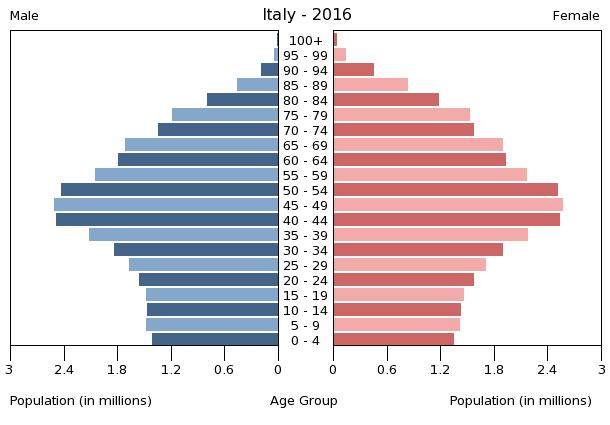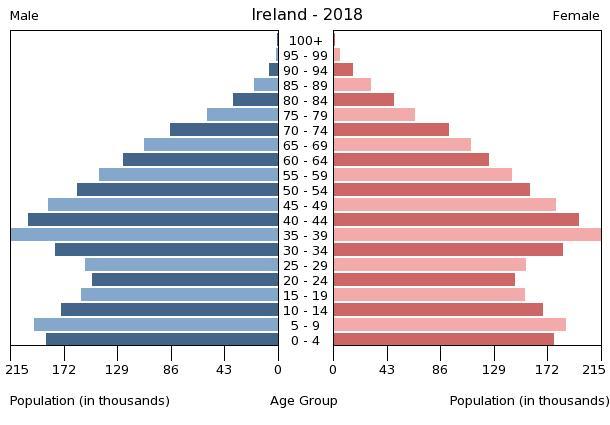I think there are some fundamental misunderstandings regarding "herd immunity" being propagated.
Although the Science Media Centre provides some good explanations about what it is (
https://www.sciencemediacentre.org/expert-comments-about-herd-immunity/), very little is actually known about the dynamics of SARS-CoV2 precisely because it is a new virus.
The assumption that the epidemic will start to "burn out" at about 60% is just that, an assumption (based on what the likely R0 might be). It is also an assumption that reaching that point will convey lasting "herd immunity" or anything like it. Herd immunity is usually reached after vaccination programmes, because vaccination can often confer much better and longer-lasting host immunity than exposure and recovery from the virus itself (this is particularly true in the case of measles, and we are only just beginning to learn why that is the case). But it also requires constant maintenance to keep levels of protection up. That's why we have vaccination programmes to make sure that new entrants into the population are covered. If immunity to SARS-CoV2 wanes after a few months in some people, any protective herd immunity could easily drop below the required level and the epidemic start up again. This is how virus infections either establish seasonality or even become endemic.
So when talking about "herd immunity", be aware that it is something that it is likely to be transient, it may not even be achievable at all, and it is unlikely to be desirable to achieve, given the mortality/morbidity associated with COVID19.



